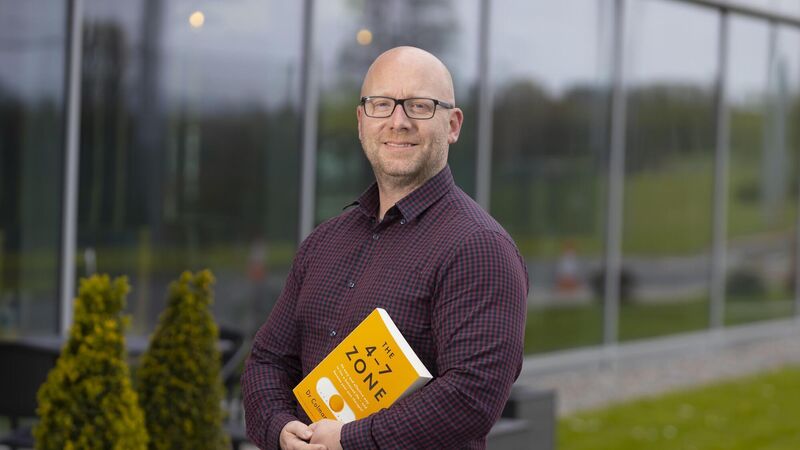Get in the zone: an extract from Colman Noctor's new book 'The 4-7 Zone'

Pictured in Waterford is Colman Noctor with his new book, The 4-7 Rule. Picture: Patrick Browne
Try from €1.50 / week
SUBSCRIBE
Pictured in Waterford is Colman Noctor with his new book, The 4-7 Rule. Picture: Patrick Browne
In contemporary language and media, we hear ‘mental health’ being described as a single entity. It is something you ‘have’ or you ‘don’t have’. In reality, mental health is far more nuanced and complex than that.
We don’t talk about physical illness in this way, because we accept that it exists on a continuum of severity — so why do we believe it is OK to talk like this when it comes to describing mental health?
Already a subscriber? Sign in
You have reached your article limit.
Annual €130 €80
Best value
Monthly €12€6 / month
Introductory offers for new customers. Annual billed once for first year. Renews at €130. Monthly initial discount (first 3 months) billed monthly, then €12 a month. Ts&Cs apply.
CONNECT WITH US TODAY
Be the first to know the latest news and updates
Newsletter
The best food, health, entertainment and lifestyle content from the Irish Examiner, direct to your inbox.
Newsletter
The best food, health, entertainment and lifestyle content from the Irish Examiner, direct to your inbox.

Our team of experts are on hand to offer advice and answer your questions here
© Examiner Echo Group Limited